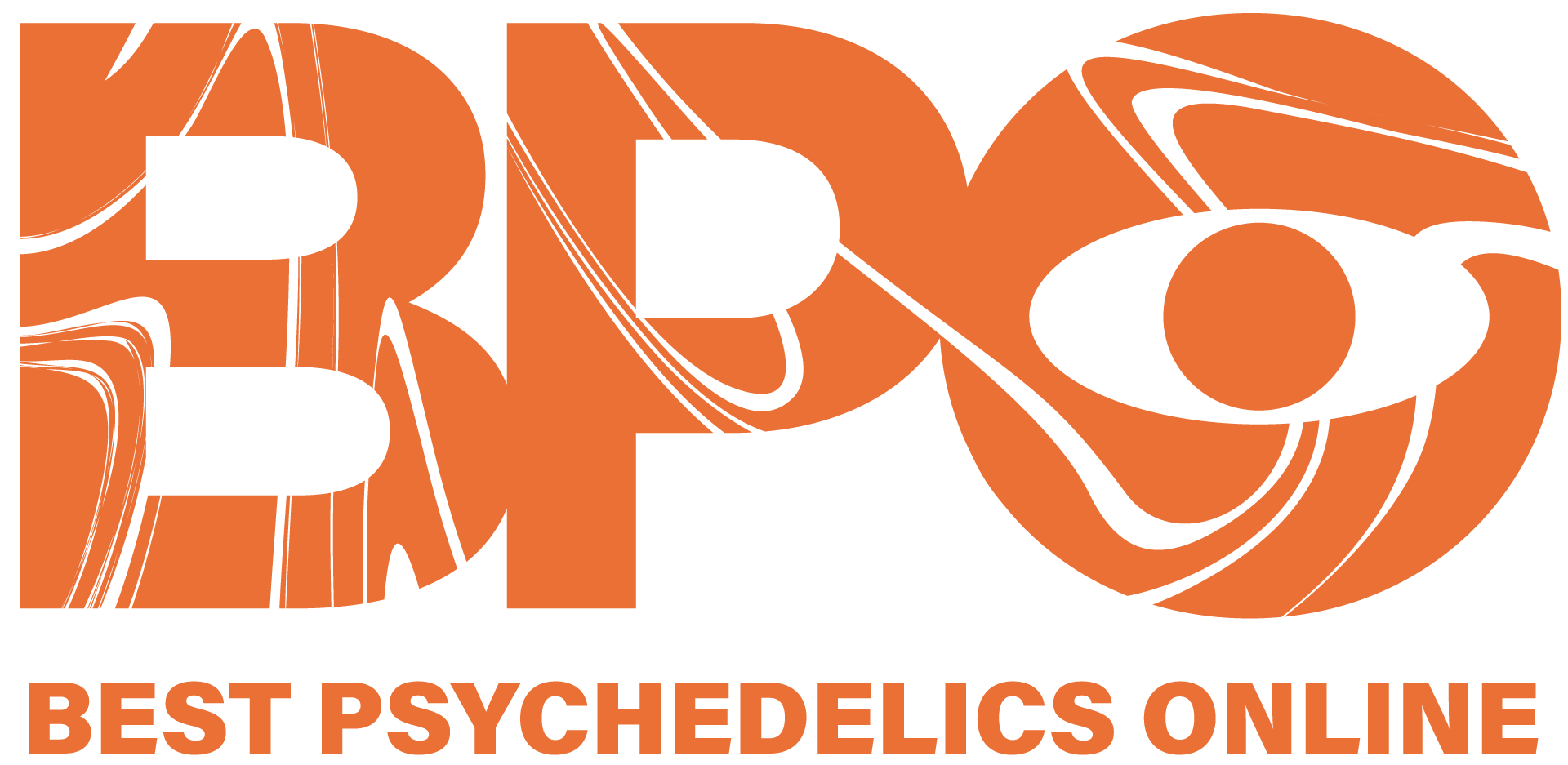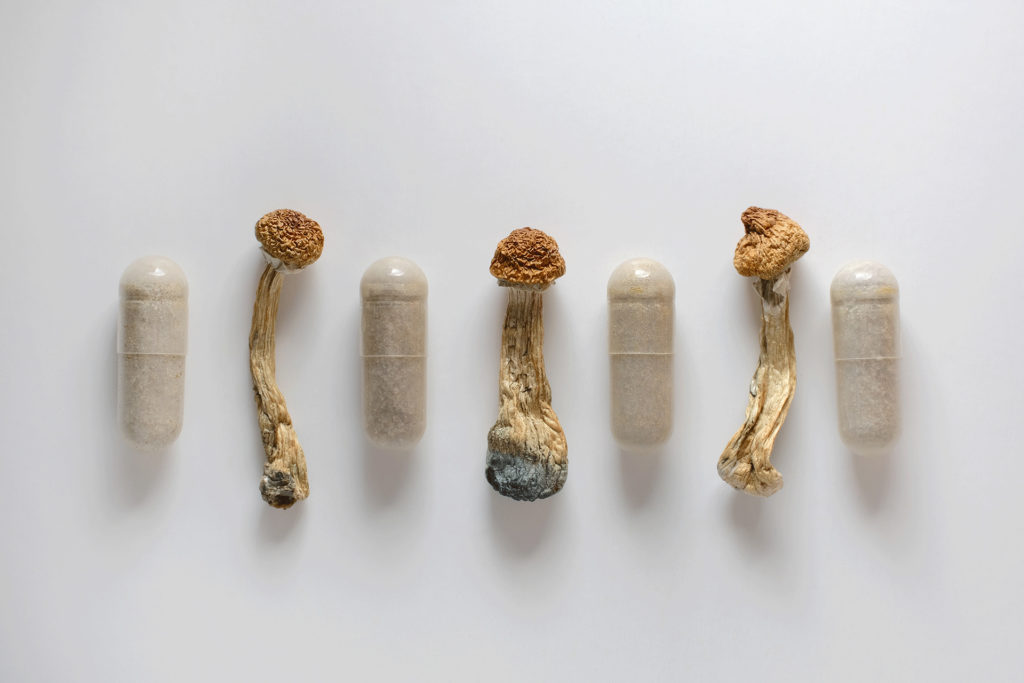Are you looking for a natural and holistic approach to healing? Plant medicine may be the answer you’re looking for. Plant medicine, also known as herbal medicine, is the use of plants and their extracts to prevent and treat various physical and mental health conditions. In this article, we’ll explore the therapeutic potential of plant medicine, and how natural remedies and herbal medicine can improve your overall health and well-being.
What is Plant Medicine?
Plant medicine is a form of traditional medicine that has been used for thousands of years. It involves using the active compounds found in plants to treat various ailments. These compounds may include alkaloids, flavonoids, terpenes, and other phytochemicals that have medicinal properties.
Some of the most commonly used plants in herbal medicine include:
- Echinacea for boosting the immune system
- St. John’s Wort for depression and anxiety
- Amanita Muscaria for insomnia and anxiety
- Ginger for nausea and inflammation
- Turmeric for pain and inflammation
- Chamomile for stress and anxiety
- Peppermint for digestive issues
- Ginseng for energy and mental clarity
- Milk thistle for liver health
Plant medicine can be used in various forms, including teas, tinctures, capsules, and extracts. It’s important to note that plant medicine should be used with caution and under the guidance of a qualified healthcare professional.
Therapeutic Potential of Plant Medicine
Plant medicine has been used to treat various health conditions, including:
1. Digestive Issues
Herbal medicine can be beneficial for digestive issues such as indigestion, bloating, and constipation. Ginger and peppermint are two commonly used herbs for these issues, as they can help soothe the digestive system and relieve discomfort.
2. Anxiety and Depression
Herbal medicine can also be helpful for managing anxiety and depression. St. John’s Wort is a well-known herb that has been used to treat mild to moderate depression. Valerian root can also be beneficial for anxiety and insomnia. Gummies containing Amanita Muscaria may also enhance the quality of sleep. The fungus includes substances that have calming properties and may support relaxation and enhance the quality of sleep.
3. Pain and Inflammation
Plant medicine can also help manage pain and inflammation. Turmeric is a potent anti-inflammatory herb that can help reduce inflammation and relieve pain. Ginger can also be beneficial for reducing pain and inflammation.
4. Immune System Support
Herbal medicine can be beneficial for supporting the immune system. Echinacea is a popular herb that can help boost the immune system and reduce the severity of cold and flu symptoms.
5. Menstrual Issues
Herbal medicine can also be beneficial for managing menstrual issues such as cramps and PMS. Chaste tree berry can help regulate the menstrual cycle, while ginger can help relieve menstrual cramps. Also, THC D9 has been used for treatment of menstrual-related cramps, mood symptoms, and others.
Natural Remedies for Common Ailments
Plant medicine offers a natural and holistic approach to treating various health conditions. Here are some common ailments and the natural remedies that can help:
- Sore throat: gargle with salt water or drink hot tea with honey and lemon
- Insomnia: drink chamomile tea or take valerian root before bed
- Headaches: try peppermint oil or feverfew
- Cough: drink thyme tea or use honey and ginger syrup
- Stress: practice meditation, yoga, microdose amanita muscaria through gummies or try adaptogenic herbs like ashwagandha or holy basil
Risks and Precautions
While plant medicine can be beneficial, it’s important to use caution and seek guidance from a qualified healthcare professional. Some herbs can interact with medications or cause side effects. It’s also important to use high-quality herbs and follow dosing instructions carefully.
In conclusion, plant medicine has been used for thousands of years for its healing properties, and recent scientific research has begun to shed light on the mechanisms behind its effectiveness. From natural remedies to herbal medicines, there are a wide variety of plant-based treatments available for various physical and mental health conditions.
It is important to note that while plant medicine can be a powerful tool for healing, it is not a replacement for professional medical advice or treatment. It is always recommended to consult with a healthcare professional before starting any new treatment, including plant-based remedies.
Overall, the healing power of plant medicine is a fascinating topic that deserves further exploration. By understanding the benefits and limitations of various plant-based treatments, we can continue to harness the natural healing properties of plants and improve our overall health and well-being.


